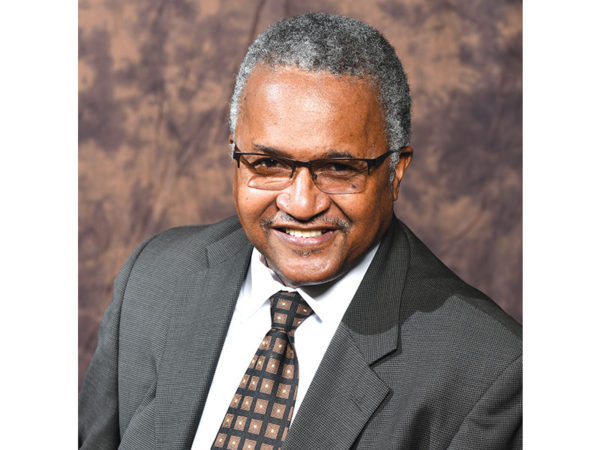There are 50,000 men in prison in America because they could not pay, or refused to pay past-due child support payments.
Failure to pay child support has made criminals of many men who have not otherwise broken a single law in their entire lives. For many, prison terms loom in their future; some will spend the rest of their lives in jail or dodging jail.
It’s a strange spiral in a country in which no one is supposed to be imprisoned for non-payment of debts.
That applies to everything except child support because the states have found a way to side step the constitution to recoup monies states have paid in welfare and in food stamps.
The way it works is a non-custodial parent is ordered to pay a certain amount toward the financial support of children in the care of a custodial parent. If the non-custodial parent does not pay the amount as ordered by the court a warrant will be issued to the delinquent parent for violation of the court order.
The delinquent parent will usually be poor and unable to hire an attorney and will be defenseless in front of the judge. Since the warrant is in a civil matter and not criminal, the delinquent parent doesn’t get a free court-appointed attorney, even though jail could be the immediate outcome.
Generally, the delinquent parent can get up to six months in jail for not paying accumulated child support. While in jail, the amount owed continues to increase. At the end of the six months, the debt is even larger and if unpaid will result in another jail term.
For delinquent parents it is an endless loop, with no end in sight.
What makes it worse is the fact even if a delinquent parent pays the outstanding fee, the children probably won’t see much of what is paid. Why? Because the state wants the delinquent parent to pay for all of the food stamps, WIC, welfare payments, and other benefits that the custodial parent has received over the years. When the state gets through, the children will get what’s left, usually very little, anything.
How high can delinquent child support debt get? The sky is the limit. In Ouachita Parish, according to the Department of Family Services website, one of the highest amounts owed is owed by Stennis Bridges, Jr. who owes, $49,128.40. Another large group of delinquents includes Steven Blunt who owes $30,504.
If Mr. Bridges or Mr. Blunt are ever able to pay back payments, the state will recoup its welfare payments to the custodial parents involved, but there won’t be much left, if anything for the kids, who are often adults.
In many cases, some non-custodial parents have been sending money directly to the custodial parent or helping with the expenses of children on their own. There are thousands of cases in which the custodial parents have not requested child support and have told the courts that the non-custodial parents is doing all that is expected.
If the custodial parent accepted welfare in any form, it doesn’t matter. The delinquent parent now owes the state and the state does not forget.
Believe it or not, some mothers do not want the drama involved with child support issues so they don’t list the name of the fathers on birth certificates.
Many non-custodial parents who are dodging state investigators, only work jobs where they can be paid in cash and frequently move from state to state to avoid arrest. Many of them send money to take care of their children, but the state is unforgiving.
When a delinquent parent is finally arrested, it is considered a civil matter, no criminal record is generated.
However, the record of the arrest is usually sufficient to contribute to continued unemployment.
Not all delinquent parents are males, there are many mothers who are dodging child support as well.
In America, debtor’s prisons are unconstitutional.
The states have found ways to sidestep the constitution and recoup welfare payment made to families with dependent children, by jailing delinquent parents who disobey civil court orders.
It’s a legal trick that benefits the state but has little at all to do with ensuring the welfare of children.
There has to be a better way, but very few seem interested.


